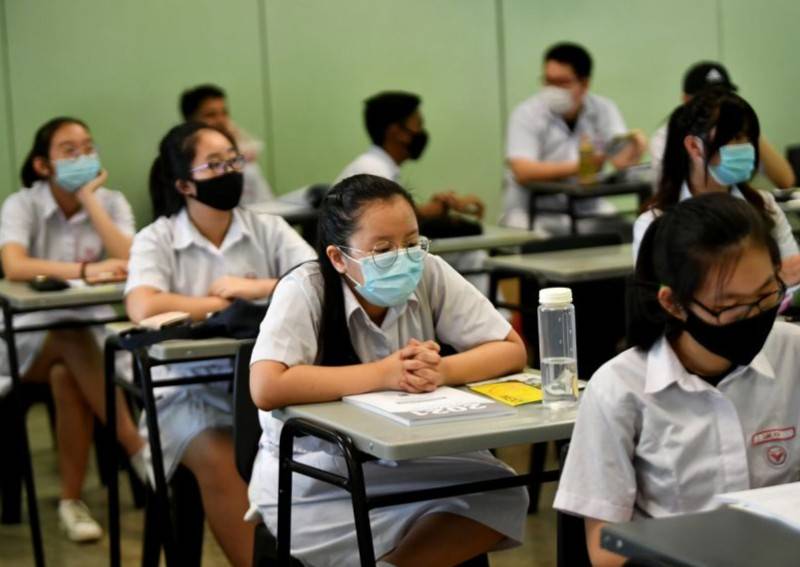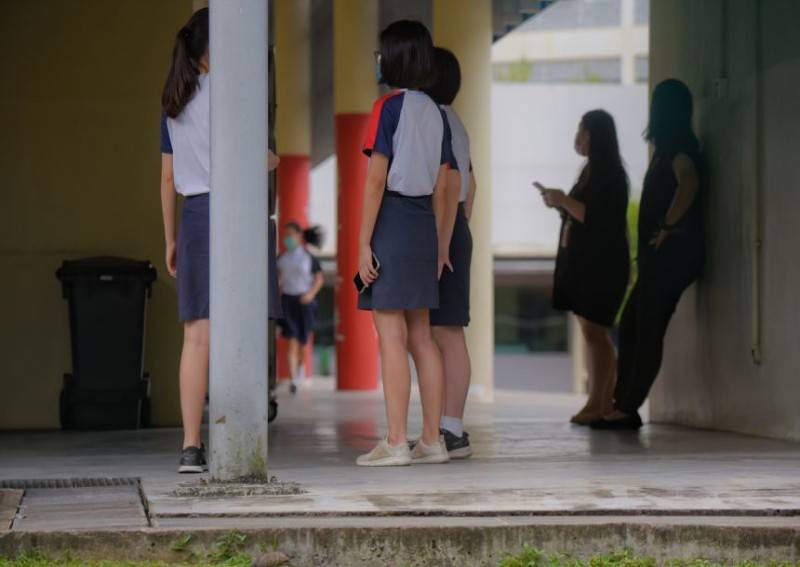Parents, take note of these 5 changes to Singapore's education system


On March 7, Education Minister Chan Chun Sing announced some important changes to Singapore’s school system at the Committee of Supply debate.
According to him, this is part of an effort to support learners at every stage of their education, and to partner with educators and the rest of the society to drive the Learn for Life movement.
The following are the Ministry of Education's (MOE) goals for this movement:
To achieve their goals of having lifelong learners in the country, the ministry have already started implementing these changes:
This is a bold move that will lessen the burden for students, parents and even educators. Instead of burying their noses in their books trying to get a good grade for the exam, students will be focused more on nurturing their love for learning.
This change will free up three weeks of curriculum time per year for educators to spread out their lessons and think of creative ways to help their students learn.

Education minister Chan said that this builds on earlier efforts to give students space to develop their interests.
“They use ongoing assessments to identify what students have mastered and the areas they have difficulties with. Students also focus more on their learning and less on marks,” he added.
According to The Straits Times, MOE already started the rollout of full subject-based banding in 2020, with 31 more secondary schools added to the Ministry of Education’s full subject-based banding programme this year.
The goal is to have full subject-based banding in place by 2024, and students taking subjects at a higher or lower level based on their strengths. By next year, a total of around 90 schools will be on the list.

This means that students will not be separated or divided into Express, Normal (Academic) and Normal (Technical) courses. Instead, they will be in mixed form classes. And when they reach Secondary 4 in 2027, all students will take a common national examination and graduate with a common secondary school certificate.
This is part of the ministry’s goal to provide more flexible and accessible pathways to all learners.
From 10 per cent to 20 per cent, the number of direct school admission (DSA) places for non-Integrated Programme students will go up at government and government-aided junior colleges.
This means that there will be more places in junior colleges available for students entering with talents apart from their grades through the DSA exercise from this year.
The MOE also aims to expand its polytechnic foundation programme. One concrete step towards this is to allow about 200 more Secondary 4 Normal (Academic) students to apply directly to a polytechnic for a foundation year instead of completing Secondary 5 and the O-levels.
[embed]https://www.instagram.com/p/CYqt-9TB8OT/[/embed]
Again, this is in relation to their objective of giving more flexible education pathways to Singapore students. According to The Straits Times, changes will be introduced in stages and fully implemented by the academic year 2028.
In their effort to build future-ready competencies for their students, the ministry will pilot a third language programme that will be conducted through modules and guarantee a certification after. This is so more learners in the secondary school level can learn new languages and discover other cultures.
They also want to promote a deeper appreciation of each student’s mother tongue, which is why they added a fourth host school for a Malay-language elective programme. Students from other schools can also attend the programme.
In addition, the ministry also wants every school to have at least one overseas partnership with a school abroad, to organise virtual or in-person student exchanges. This is to cultivate diversity and appreciation of other cultures.
READ ALSO: Home-school distance new rule: Why we'll see greater competition in some neighbourhoods
This article was first published in theAsianparent.